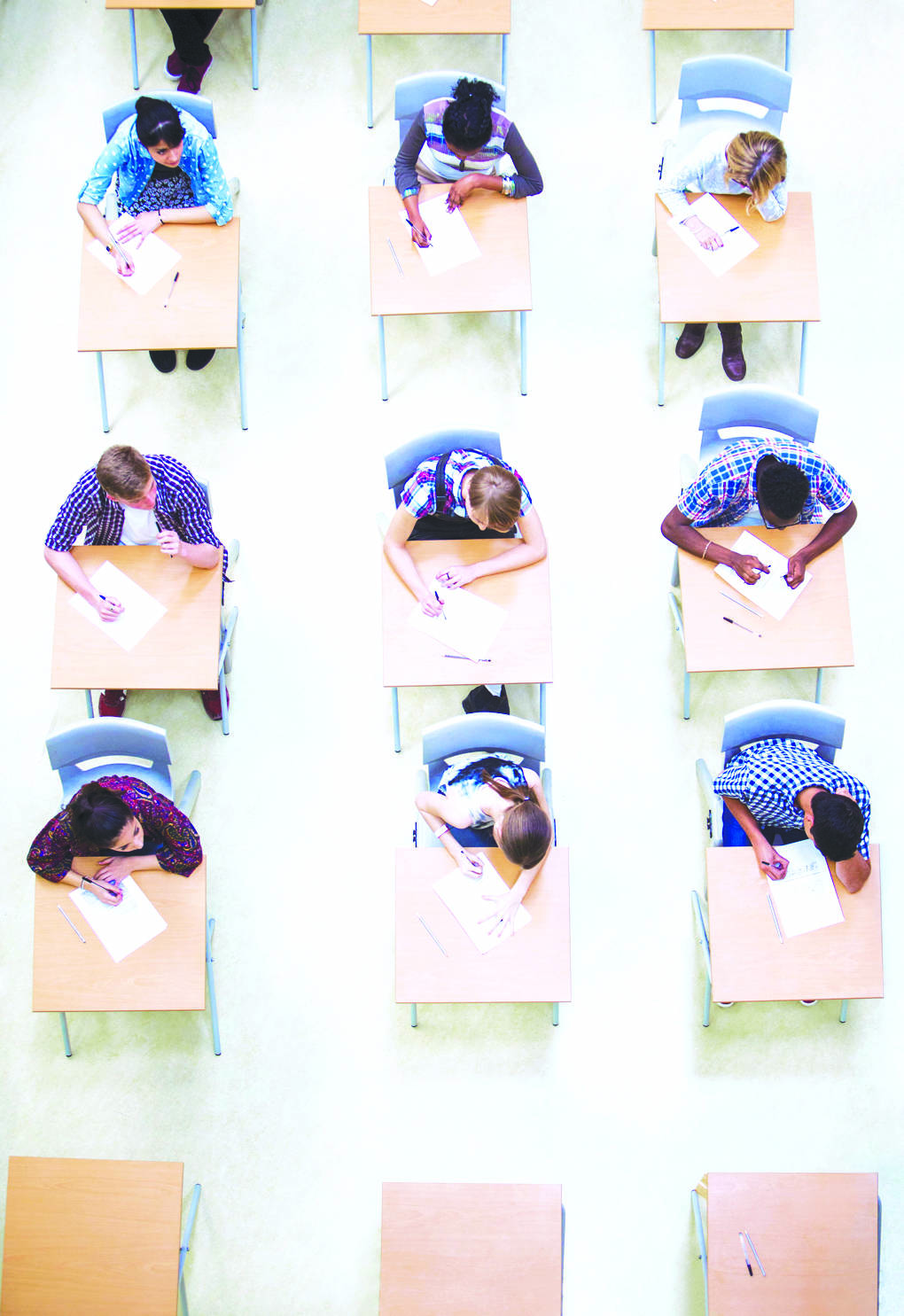The Office of Superintendent of Public Instruction (OSPI) has adopted updated rules for student discipline in Washington state.
Last established in the 1970s, the new rules encourage schools to use best practices when addressing student behavior, with the intent to decrease the use of suspensions and expulsions.
Chris Reykdal, Washington superintendent of public instruction, said today’s students and schools are greatly different than they were nearly 40 years ago and thus require updated rules.
“The new rules provide more clarity and they allow for student, family, and community input in developing local discipline policies,” Reykdal said in a press release. “While some students do occasionally need discipline, our approach must be different…We should do what we can to make suspensions and expulsions the last option while ensuring our schools are safe.”
In 2016, the Washington State Legislature passed a law designed to close opportunity gaps in learning and thus the OSPI updated its student discipline rules. Three public comment periods and eight public hearings were held to gain feedback from families, students, educators and community members during the process of rewriting the rules.
The new rules will guide school discipline policies to ensure rules are applied fairly across the state and will be enforced over the next two school years. This will give school districts enough time to apply new procedures, train staff and communicate with parents, families and the community.
In general, the rules will:
- Encourage schools to use best practices while minimizing the use of suspensions and expulsions;
- Prohibit schools from excluding students from school for absences or tardiness;
- Further limit the use of exclusionary discipline for behaviors that do not present a threat to school safety;
- Prohibit the use of expulsion for students in kindergarten through grade four; and
- Clarify expectations for how school districts must provide students the opportunity to receive educational services during a suspension or expulsion.
Several Washington school districts have already applied changes in student discipline before the updated rules were formally adopted.
Dr. Fred Rundle, Mercer Island School District’s assistant superintendent of learning services, said he fully supports the amended rules and said they have been a part of the district’s practice for some time. He said finding creative alternatives to discipline students that allows them to continue their education is important.
“The intent behind the amended laws is to promote equitable and accessible access to education for all students by rethinking how we enforce student discipline rules,” Rundle said in a statement.
For the 2018-19 school year, the new rules will not allow schools to suspend or expel a student from school for absences or tardiness. For the 2019–20 school year, additional conditions and limitations on the use of suspension, expulsion and emergency expulsion will go into effect.
Students who are suspended or expelled will have the opportunity to receive educational services. They will also be allowed to participate in the general education curriculum, meet educational standards and to complete subject, grade-level and graduation requirements. Students expelled or suspended for longer than 10 days will have a required reengagement plan in place before they return to school.
“In the end, discipline is another opportunity for our schools to carry out the mission of educating students by making student behavior a learning opportunity,” Rundle said in a statement. “For those who are suspended or expelled, we now have a formal obligation to provide educational services to the student, but this is the right thing to do. No one wins when our students are not being educated.”
For more information on the updated student discipline rules and how they will be enforced throughout the next two school years, visit tinyurl.com/yczfkk2k.


